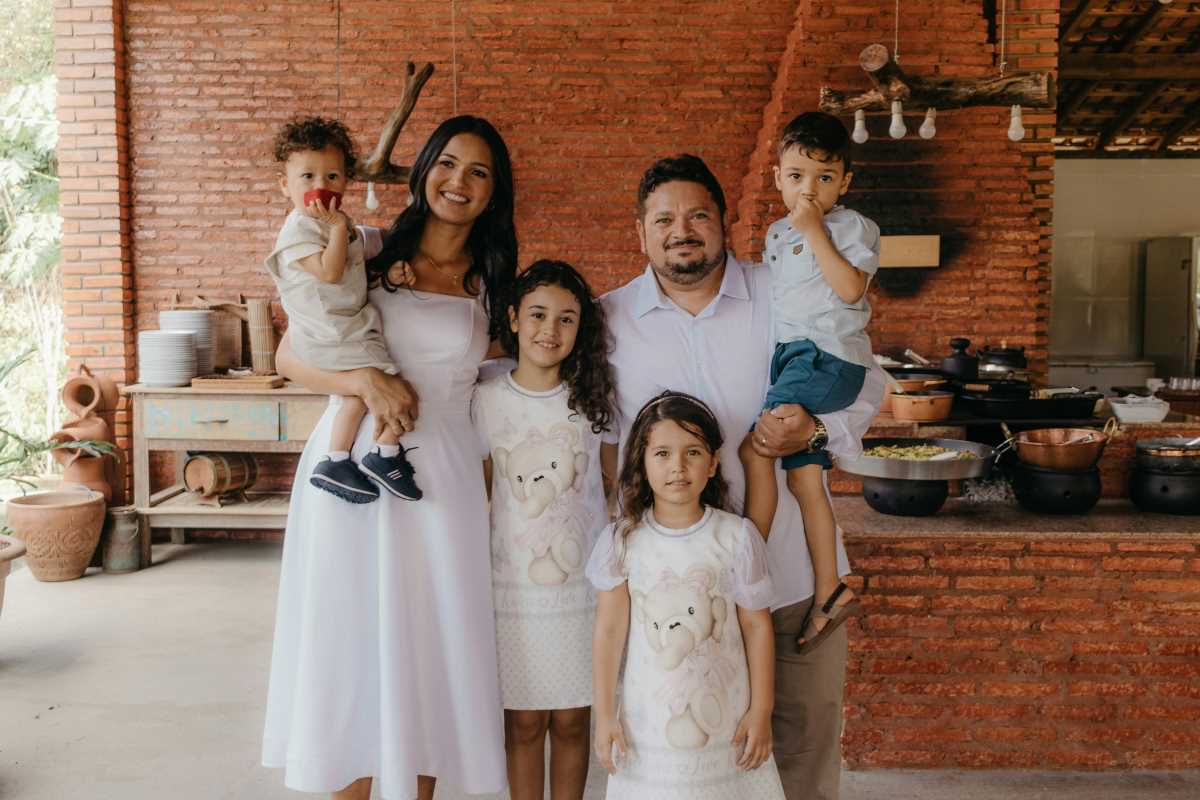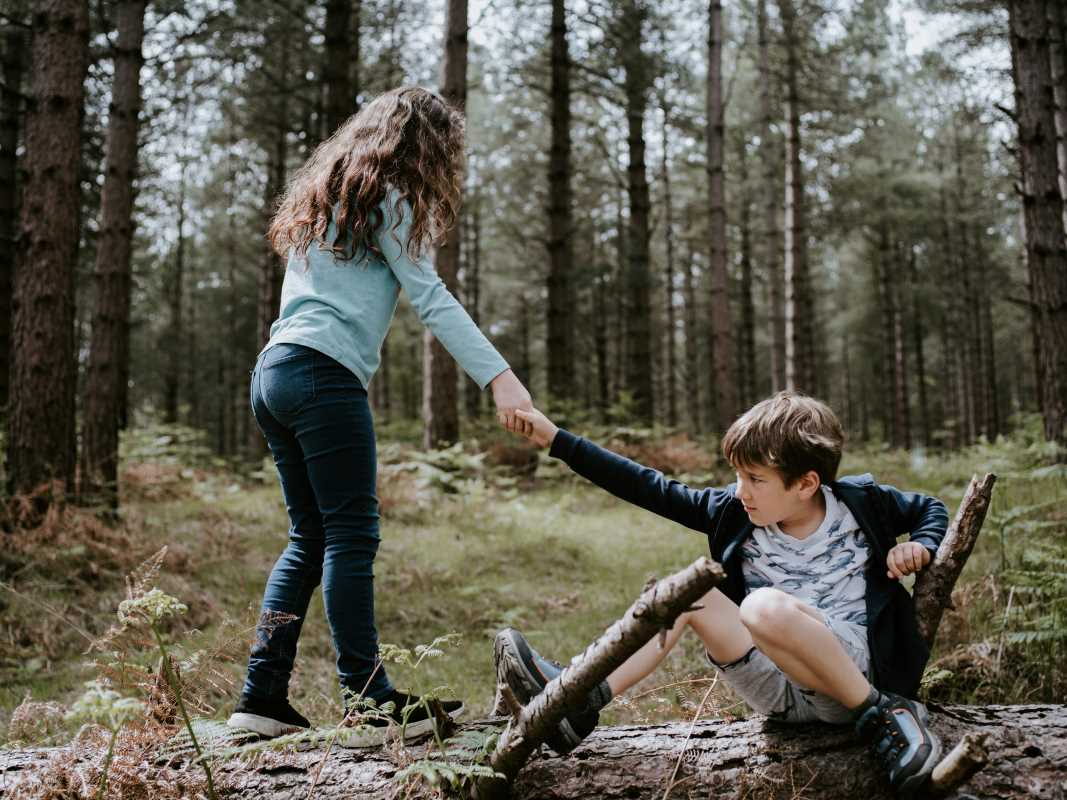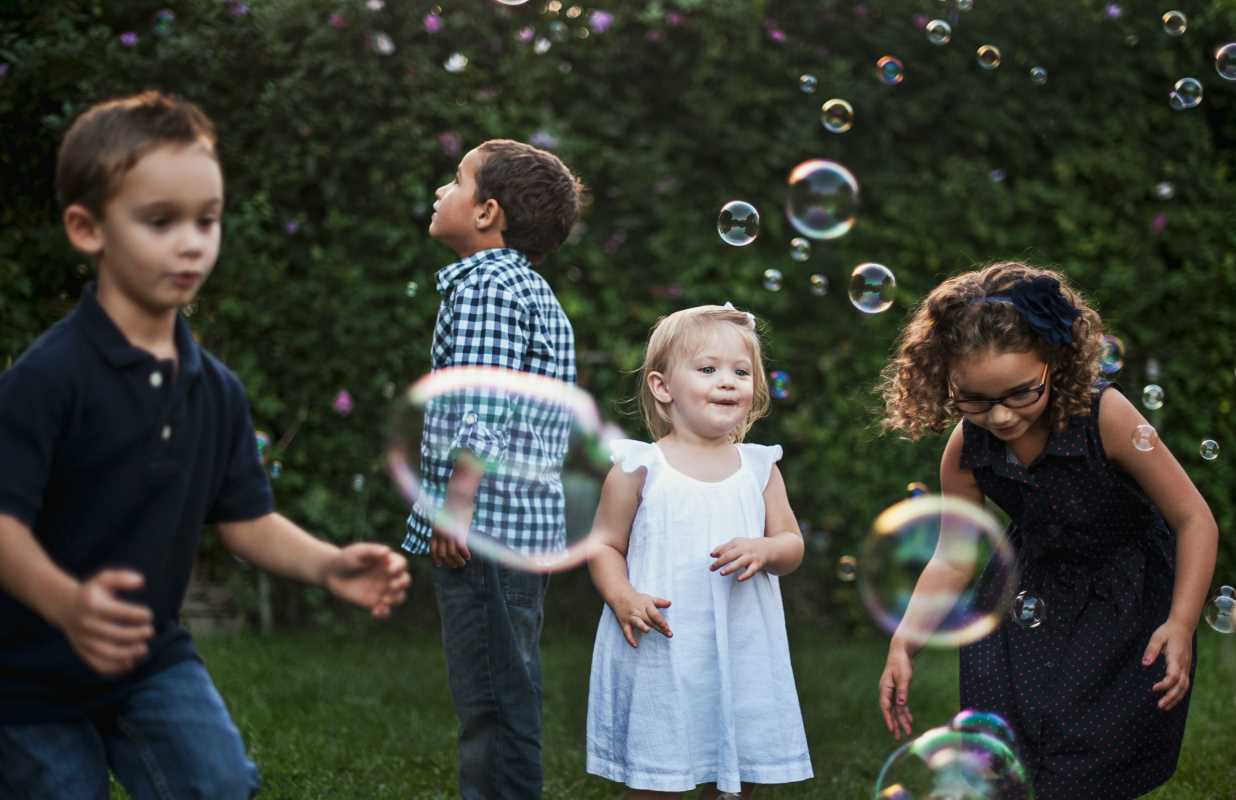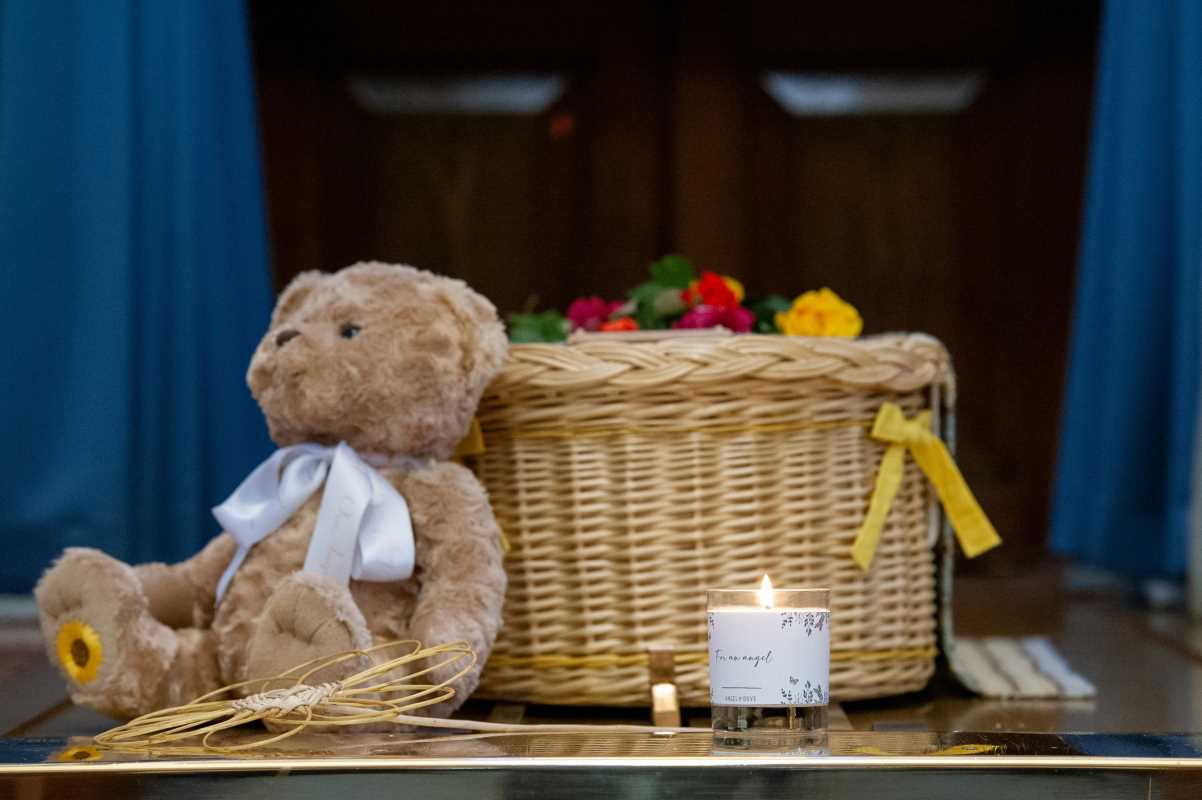Every parent dreams of raising a child who is responsible, someone who remembers their homework, cleans up their messes without being asked ten times, and eventually grows into a reliable, capable adult. But the path from a toddler who throws spaghetti on the wall to a teen who can manage their own schedule can feel long and winding. We often think of responsibility as something kids either have or they don’t, a fixed personality trait.
The good news is that responsibility isn't an innate gift; it's a skill that can be taught, nurtured, and developed over time. It’s not about burdening children with adult-sized worries. Instead, it's about empowering them with the confidence that comes from knowing they can contribute, make good choices, and handle the outcomes. Instilling this sense of responsibility is one of the greatest gifts you can give your child, preparing them to navigate the world with competence and self-assurance.
Start with Consistent, Age-Appropriate Chores
One of the most direct ways to teach responsibility is through chores. When children have regular jobs to do around the house, they learn a fundamental lesson: being part of a family or a community means contributing to the well-being of the whole. These tasks help them understand that their effort matters and that their contribution is valued. The key is to assign chores that are genuinely helpful and appropriate for their developmental stage, rather than just busywork.
For a toddler, this might be as simple as putting their toys back in the bin or placing their own plastic plate by the sink. An elementary schooler can take on tasks like feeding the family pet, setting the table for dinner, or matching socks while you fold laundry. As they get older, their responsibilities can grow to include making their own lunch, taking out the trash, or helping with yard work. The consistency is what matters most. When chores are an expected and normal part of the week, they become a habit rather than a battle, teaching kids to see themselves as capable contributors.
Let Them Make (and Own) Their Choices
Responsibility is deeply intertwined with decision-making. To become responsible, children need regular opportunities to make their own choices and to experience the natural consequences of those choices. This can be a hard one for parents, as our instinct is often to swoop in and prevent them from making a mistake. While this comes from a place of love, constantly rescuing them from the outcomes of their decisions robs them of a powerful learning opportunity.
Start small and with low-stakes choices. Let your child choose their own outfit for school, even if the stripes and polka dots clash horribly. The natural consequence might be a moment of feeling silly, but they learn about matching. If a teenager spends all their allowance on the first day they get it, don't give them an advance. The natural consequence of being broke for the rest of the week is a far more effective lesson in budgeting than any lecture you could give. Letting them own their choices, both good and bad, builds problem-solving skills and teaches them to think ahead, which is the very essence of responsible behavior.
Model the Behavior You Want to See
Children are expert observers, and they learn far more from what you do than from what you say. If you want to raise a responsible child, they need to see you acting responsibly in your own life. This doesn't mean you have to be perfect, but it does mean being intentional about modeling accountability, diligence, and follow-through in your everyday actions. They see you pay bills on time, keep your promises to others, and clean up after yourself.
Even more powerful is modeling how you handle mistakes. When you mess up, own it openly. An apology like, "I'm sorry I was grumpy this morning, I was feeling stressed and I shouldn't have taken it out on you," teaches them that everyone makes mistakes and that the responsible thing to do is to acknowledge it and apologize. When they see you taking ownership of your actions without making excuses, you give them a clear and compelling blueprint for how to do the same in their own lives.
- Assign Real Chores: Give kids age-appropriate tasks that genuinely contribute to the household.
- Let Them Choose: Provide opportunities for them to make low-stakes decisions and experience the natural outcomes.
- Don't Rescue Them: Avoid swooping in to fix every mistake. Let them learn from the consequences of their actions.
- Model It Yourself: Be a living example of responsibility, especially by owning your own mistakes.
- Teach Problem-Solving: Instead of giving answers, ask questions that guide them to find their own solutions.
- Emphasize Contribution: Frame responsibility not as a burden, but as a way of helping and caring for others.
Encourage Problem-Solving, Not Problem-Solving for Them
When your child comes to you with a problem, the first instinct is often to provide a solution. "I can't find my soccer cleats!" is typically met with, "They're in the closet where you left them." While efficient, this approach trains your child to rely on you as the designated problem-solver. A more effective strategy for building responsibility is to guide them toward finding their own solution. This shifts you from the role of "fixer" to the role of "consultant."
When faced with a problem, respond with questions instead of answers. To the lost soccer cleat dilemma, you could ask, "Where are some of the places you've looked so far?" or "Where do you usually put them when you get home from practice?" This simple shift prompts them to think critically and retrace their steps. This technique works for bigger issues, too. If they forget their homework, resist the urge to drive it to school. Instead, ask, "That's tough. What do you think you could do about that?" They might have to face their teacher and a lower grade, but they will learn a valuable lesson about planning ahead and taking ownership of their work.
Connect Responsibility to Contribution and Empathy
Responsibility can sometimes feel like a self-centered pursuit, it's about my chores, my homework, my choices. To give it deeper meaning, help your child see the connection between their actions and how they affect others. Framing responsibility as a form of contribution and care teaches them that their behavior has an impact on the people and world around them. This fosters empathy and a sense of community.
Instead of just saying, "You need to feed the dog," you can say, "The dog is counting on you for his dinner. He gets really hungry if he has to wait." This helps them see the task from the dog's perspective. When they help clean up after a family meal, you can point out, "When we all work together like this, it means we all get to relax and spend time together sooner." By highlighting how their responsible actions help others, you are instilling a sense of purpose that goes beyond just checking a box. You are teaching them that being responsible is one of the best ways to show you care.
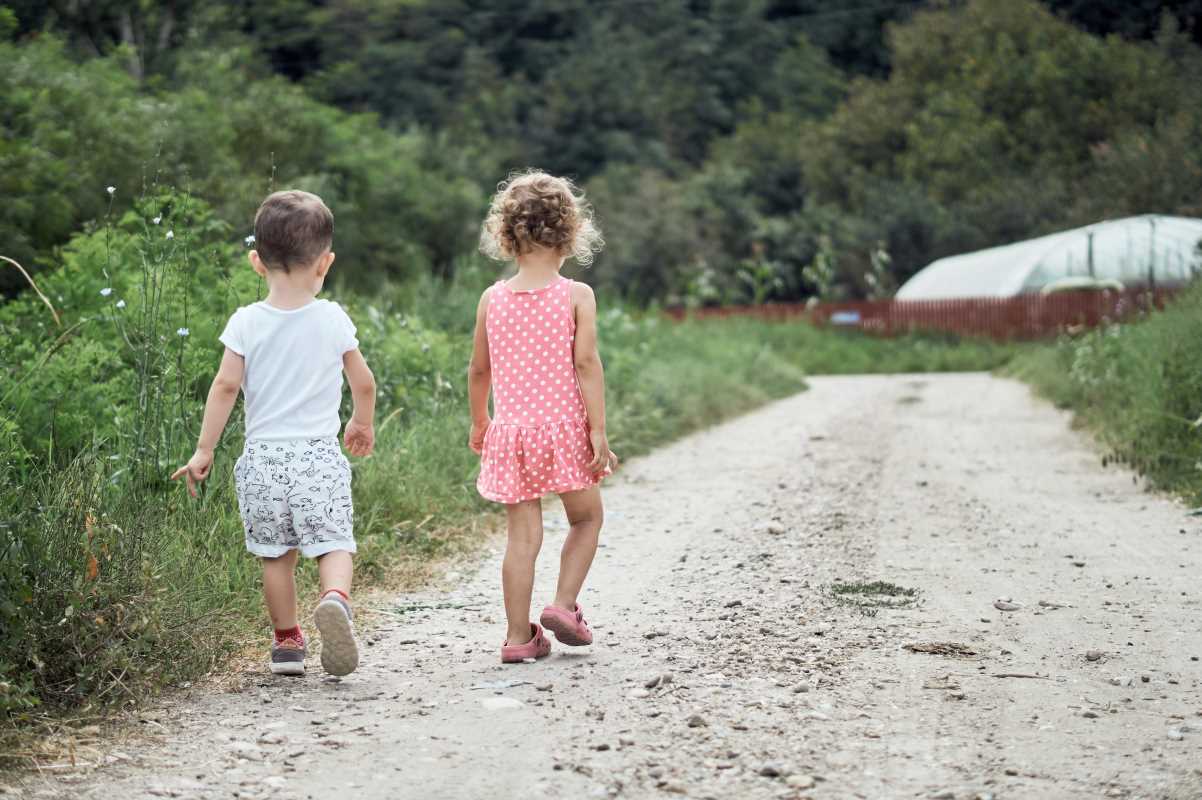 (Image via
(Image via